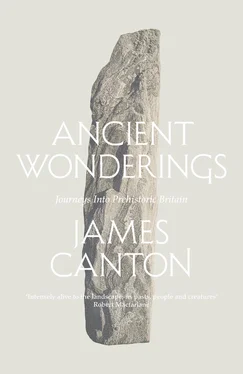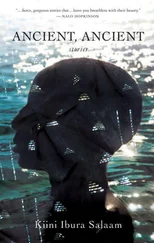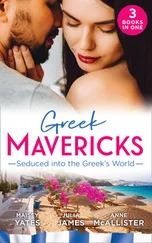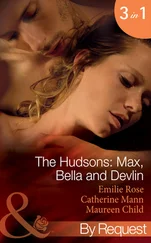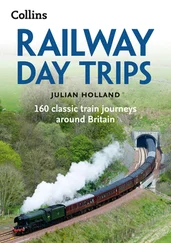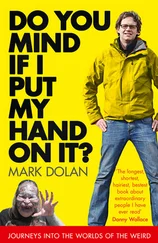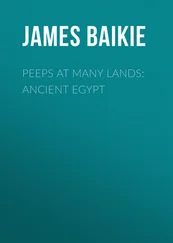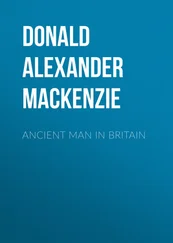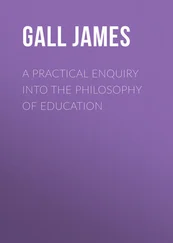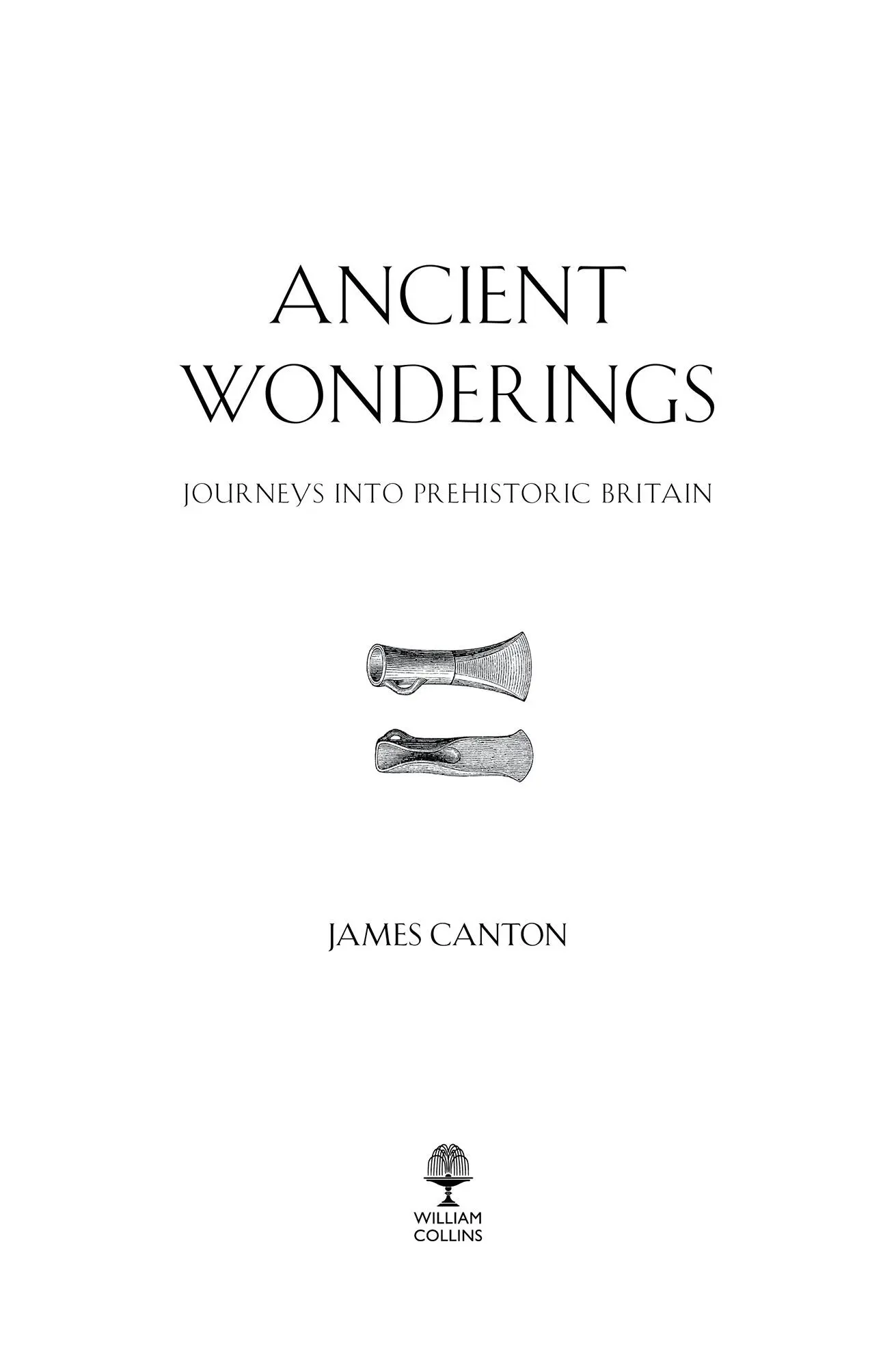
Copyright CONTENTS Cover Title Page Copyright Dedication Epigraph Preface Stone Doggerland Roman Road Mummies I Mummies II Peddars Way Gold Forging On Acknowledgements About the Publisher

William Collins
An imprint of HarperCollinsPublishers
1 London Bridge Street
London SE1 9GF
WilliamCollinsBooks.com
This eBook first published in Great Britain by William Collins in 2017
Text © James Canton 2017
Cover photograph © Joe Gough / Shutterstock
All chapter opener photographs by the author.
Maps from ‘Ordnance Survey Maps – Six-inch
England and Wales, 1842-1952’
Excerpt from ‘At a Potato Digging’, Death of a Naturalist © Seamus Heaney, 1966, Faber & Faber Ltd.
Lyrics from ‘England’ by PJ Harvey reproduced by kind permission of Hot Head Music Ltd.
All rights reserved.
Excerpt from Prehistoric Stone Circles (3rd edn) © Aubrey Burl, 1994, Shire Publications, used by permission of Bloomsbury Publishing Plc.
Excerpt from The Gathering Night © Margaret Elphinstone, 2009. Reprinted by permission of Canongate Books Ltd.
The author asserts his moral right to be identified as the author of this work.
A catalogue record for this book is available from the British Library.
All rights reserved under International and Pan-American Copyright Conventions. By payment of the required fees, you have been granted the non-exclusive, non-transferable right to access and read the text of this e-book on-screen. No part of this text may be reproduced, transmitted, down-loaded, decompiled, reverse engineered, or stored in or introduced into any information storage and retrieval system, in any form or by any means, whether electronic or mechanical, now known or hereinafter invented, without the express written permission of HarperCollins.
Source ISBN: 9780008175207
Ebook Edition © May 2017 ISBN: 9780008175214
Version: 2017-05-23
TO MY MOTHER
Wondering noun
rare an object of wonder, a marvel: OE
Oxford English Dictionary
Cover
Title Page
Copyright Copyright CONTENTS Cover Title Page Copyright Dedication Epigraph Preface Stone Doggerland Roman Road Mummies I Mummies II Peddars Way Gold Forging On Acknowledgements About the Publisher William Collins An imprint of HarperCollinsPublishers 1 London Bridge Street London SE1 9GF WilliamCollinsBooks.com This eBook first published in Great Britain by William Collins in 2017 Text © James Canton 2017 Cover photograph © Joe Gough / Shutterstock All chapter opener photographs by the author. Maps from ‘Ordnance Survey Maps – Six-inch England and Wales, 1842-1952’ Excerpt from ‘At a Potato Digging’, Death of a Naturalist © Seamus Heaney, 1966, Faber & Faber Ltd. Lyrics from ‘England’ by PJ Harvey reproduced by kind permission of Hot Head Music Ltd. All rights reserved. Excerpt from Prehistoric Stone Circles (3rd edn) © Aubrey Burl, 1994, Shire Publications, used by permission of Bloomsbury Publishing Plc. Excerpt from The Gathering Night © Margaret Elphinstone, 2009. Reprinted by permission of Canongate Books Ltd. The author asserts his moral right to be identified as the author of this work. A catalogue record for this book is available from the British Library. All rights reserved under International and Pan-American Copyright Conventions. By payment of the required fees, you have been granted the non-exclusive, non-transferable right to access and read the text of this e-book on-screen. No part of this text may be reproduced, transmitted, down-loaded, decompiled, reverse engineered, or stored in or introduced into any information storage and retrieval system, in any form or by any means, whether electronic or mechanical, now known or hereinafter invented, without the express written permission of HarperCollins. Source ISBN: 9780008175207 Ebook Edition © May 2017 ISBN: 9780008175214 Version: 2017-05-23
Dedication TO MY MOTHER
Epigraph Wondering noun rare an object of wonder, a marvel: OE Oxford English Dictionary
Preface
Stone
Doggerland
Roman Road
Mummies I
Mummies II
Peddars Way
Gold
Forging On
Acknowledgements
About the Publisher
PREFACE
This book was born from a certain obsessive desire to understand the ancient world. I set out to venture across Britain seeking those prehistoric sites and phenomena that most intrigued me. Many of those travels were sentimental journeys, imaginative voyages. Inevitably, my interest in ancient Britain widened to encompass a need to know and to understand something of the ancient mindsets that created ways of living on these isles, ritual practices in these landscapes. And as I did so, my wonder took me ever deeper into time past.
I became a student of the ancient world. I learnt to step more carefully through the simplistic divisions between Stone, Bronze and Iron Ages. I learnt to recognise the magic of technological revolutions, such as that of metalworking with gold and copper brought by the Beaker people from continental Europe, and the alchemy of forging bronze from raw stone ore. Yet I also learnt to remember how even though those eras were defined by metals, stone was still very much in daily use. Flint especially remained an essential material. Agricultural revolutions burnt more slowly. The steady shift to farming – forging the first fields, sowing crops and keeping animals – that was practised by our distant ancestors took many generations to truly embed. The early agriculturalists still hunted and gathered to survive.
And then there were the Romans. Their arrival on these shores brought many changes. The arrival of the written word in Britain officially ended the era of prehistory in these isles. I knew that. But I learnt, too, that the fall of Roman feet on British soils brought no sudden shift in the ways and sensibilities of most British people.
In Ancient Wonderings, I perpetually sought to peer over the shoulders of those whose work filters our understanding of the ancient world. So I read the academic papers and books of leading archaeologists and scientists. I met them and listened to them as they spoke about their work. Their precision and patience has refined our vision of how British people lived and died and were buried and remembered in prehistoric times. I learnt by going to the places where the ancient past was still most visible and then tucking down away from the present world and digging down within, digging inside to realise what it is, what it has ever been, to be human. That process involved becoming immersed into a landscape, spending time in that world by day and by night – walking the terrain, getting to know the lie of the land: the geography, the geomorphology and the geology. To know a place you must start local – by reading its literatures and histories, listening to the voices of its peoples – steadily building an understanding and knowledge of a specific landscape, gradually unearthing a deeper topography. Then, and only really then, can you hope to venture back in time to try to see how that environment might once have looked. And only then can you begin to imagine the people and their ancient practices in that place so many years ago. It was at such times that I saw clearest – flowing through deepest time, seeking to see into the ways of past generations.
Читать дальше
